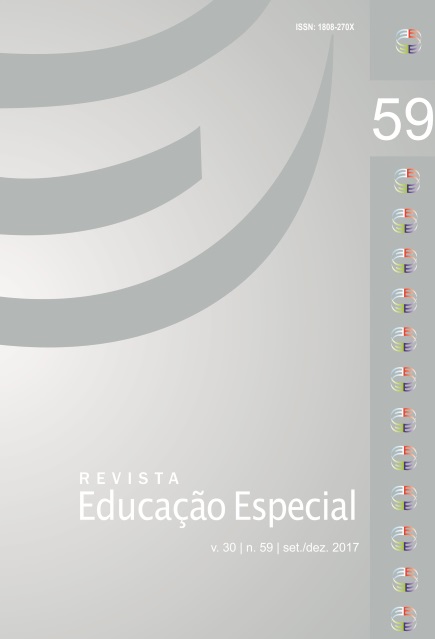Bullying prevention and coping: the role of teachers
DOI:
https://doi.org/10.5902/1984686X28082Keywords:
Bullying, Teacher formation, InterventionAbstract
Satisfactory coexistence among students in the school environment is a challenge. Because schools reflect the pluralism found in society, personal, ethnic/cultural, and economic differences may lead to conflicts and violence. The intentional and repetitive violence among peers involving an imbalance of power is called bullying. The school is the place where this problem is most frequently expressed and in Brazil its occurrence is greater in classrooms. Bullying negatively affects the school ambience and the development of all those concerned - aggressor, victim and bystanders. Although teachers' level of knowledge about bullying varies in scope and depth, it is generally not sufficient for them to identify or be sensitive to any aggression in the classroom. Within this, the interventions they performed tended to be punctual andnon-articulated. For many teachers and other school agents the prevailing belief is that bullying is a "joke" of children/adolescents and its consequences are not very serious. Therefore, it is important to train teachers to improve not only their knowledge regarding the problem, but mainly their sensitivity and competence to intervene, contributing to the school ambience being less violent and exclusionary. This is the focus of this theoretical essay.Downloads
Downloads
Published
How to Cite
Issue
Section
License
Declaration of originality
We declare that all articles present in the journal Revista Educação Especial (UFSM) are originals and were not submitted for publishing on any other publication, as a whole or a fraction. We also declare that, after being published by Revista Educação Especial (UFSM), a paper will not be submitted to another journal within two years. After this time, our journal transfers the publishing rights to the authors, with a permit granted by the Editorial Council.
We also acknowledge that the originals’ submission to Revista Educação Especial (UFSM) implies on a transference of copyright for physical and digital publishing to the journal. In case of noncompliance, the violator will receive sanctions and penalties predicted by the Brazilian Copyright Protection Law (n. 9610, dated 19/02/98).







